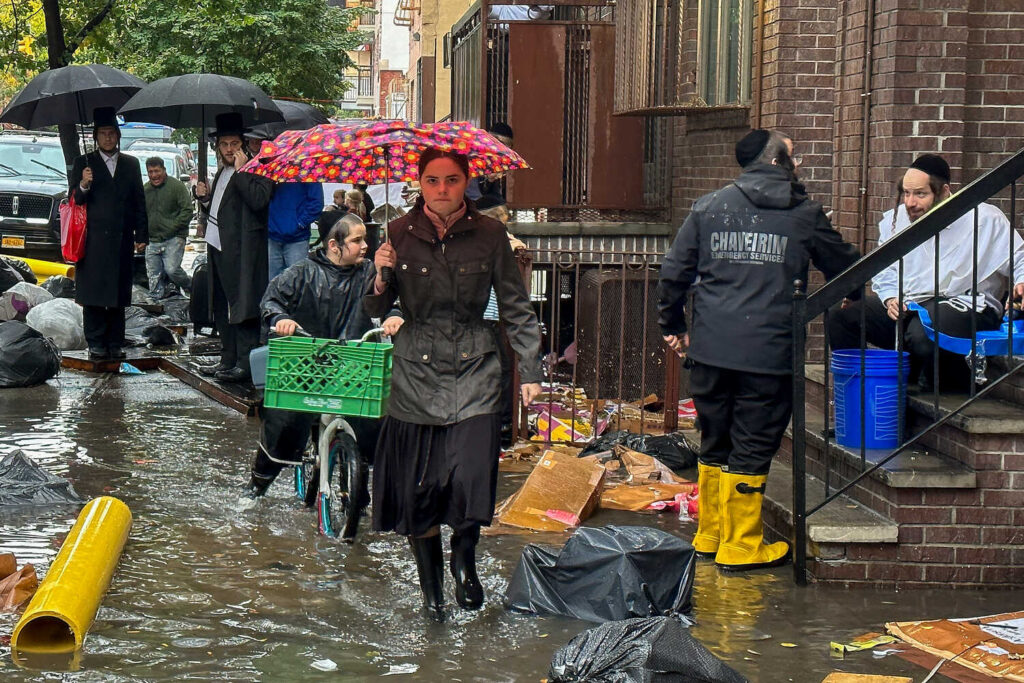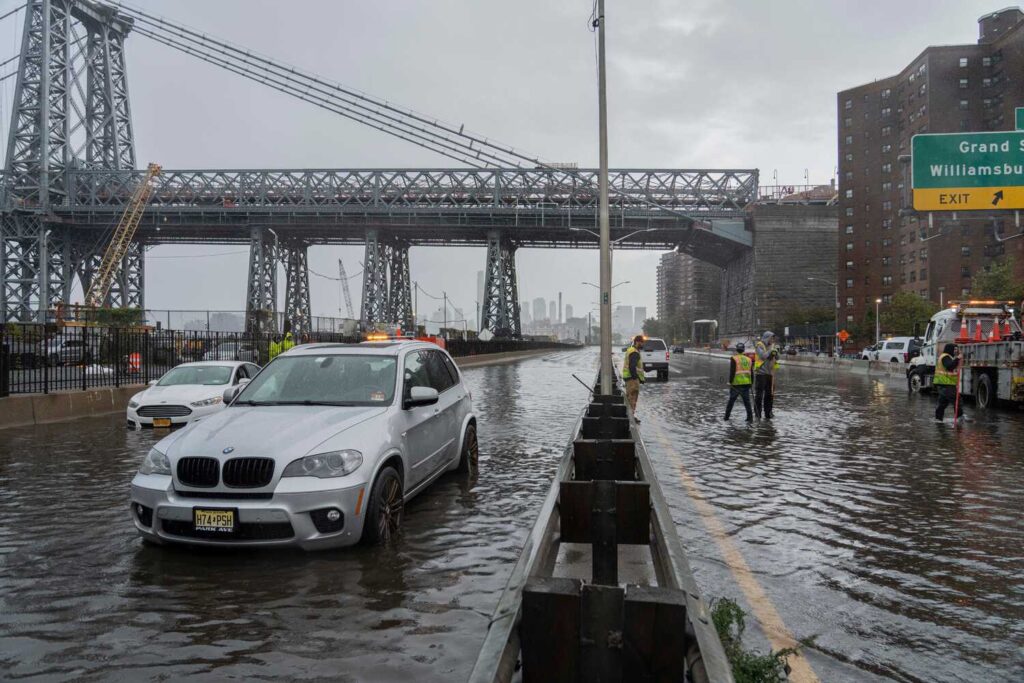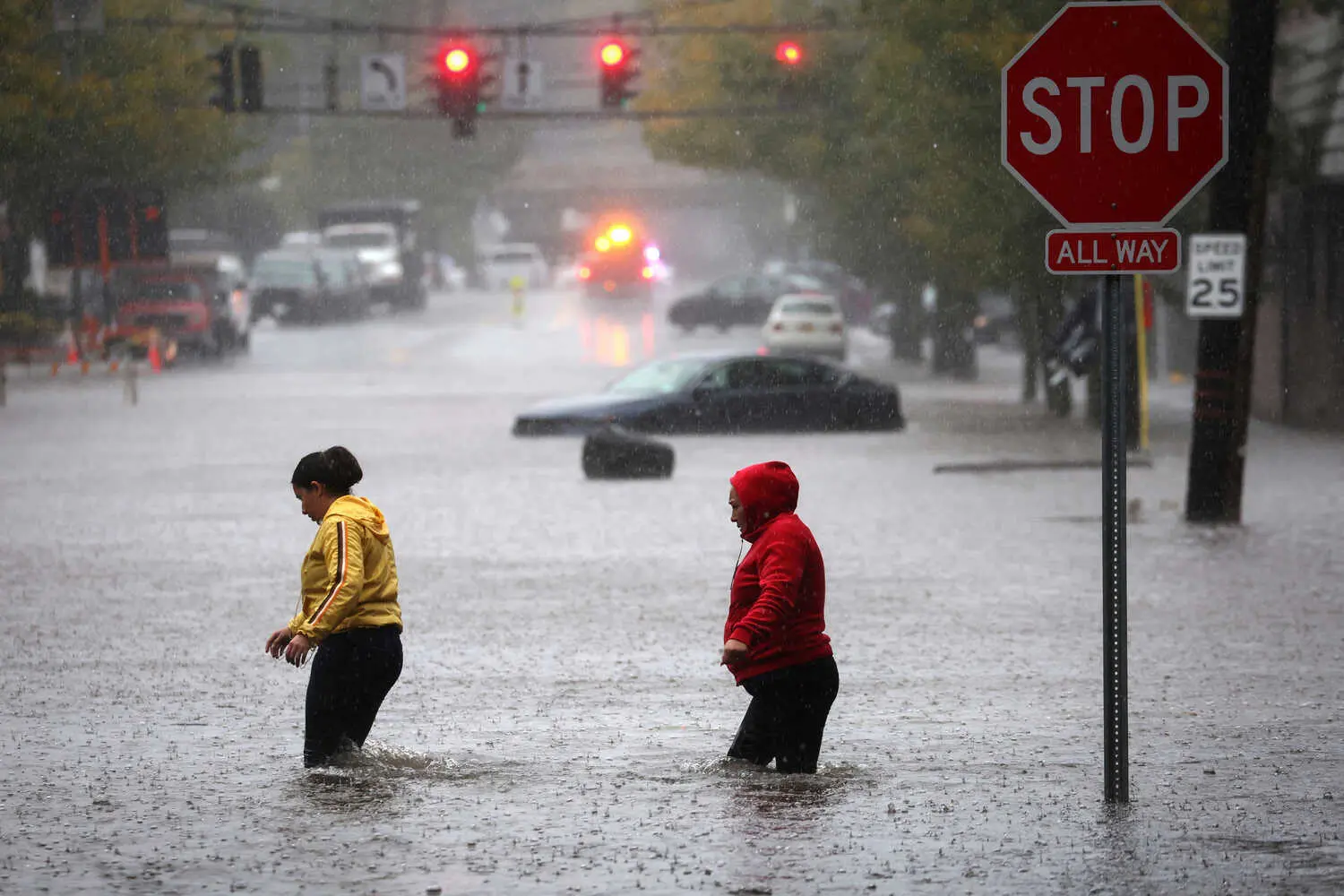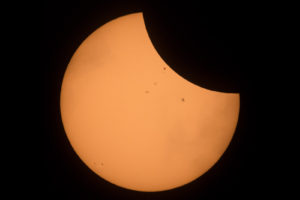Should broadcast news organizations and their weather teams help us better understand the role of human-caused climate change in ongoing weather disasters? The deadly Maui wildfire, widespread New York City flooding, crop-wilting heatwaves, our breathing air fouled by Canadian wildfires, and so many other weather calamities are coming at us in head-spinning waves. Maybe it’s time to elevate the topic to the same painstaking investigation and reporting that take place after other disasters.

All it would take is journalists and forecasters asking experts “why” this global bad weather avalanche accelerates. The word “why” is one of the most powerful in the English language. I learned this lesson first hand when, as a young daily newspaper journalist in Massachusetts during the early 1980s, my editor would send me back to my computer when I failed to ask the “why” behind an important story I wrote.
Asking scientists “why” all this is happening now and sharing their answers is important. But many journalists, news media outlets, weathercasters, and others who feed us our daily diet of news and useful weather outlooks don’t even consider the question. While some national and international print/broadcast outlets are asking “why” more frequently, most purveyors of news and weather ignore the question in favor of endless reports about hottest months and record rainfall totals. I have had enough of watching videos of children cooling off in wading pools or open fire hydrants, cooling shelters springing up, and endless interviewees saying “We’ve never seen anything like this.”
Consider:
- When an airplane crashes, the FAA and NTSB swiftly step in to find out the cause. Why? They want to prevent similar crashes, and reassure passengers. The agencies apply sound forensic and academic rigor to the process.
- A cargo train derails in Ohio. Again, the NTSB and others work to find out why the crash happened and why poisonous chemicals were allowed to escape. Can this be prevented again? There’s a good chance they can obtain answers, ensuring citizens know why it happened and how it can be prevented.
- A deadly coronavirus emerges from Wuhan, China. While public health systems and infectious disease experts scrambled to save lives, other agencies and experts stepped in to find out how the virus developed and how it spread so quickly. Can a similar pandemic be prevented in the future? I hope so, and asking “why” and talking about it openly is an important first step.
There are many other examples of how we go to great lengths to find out why something bad happened so we can prevent it from happening again, and inform the public.
As citizens, we take comfort in knowing that when we get in an airplane, for example, we benefit from an amazing level of safety because the government and the industry have learned how to keep airplanes streaking safely across the sky.

Why can’t we apply the same discipline and information flow to the seemingly endless occurrence of really bad weather? Do we sit here and just take it, or do we dig our heels into the ground and say, “Help me understand why this is happening and what can we do?”
National, nonpartisan think tank Pew Research in Washington, D.C., reports that many people still get some of their news from local TV stations. I’m one. I would love to see these stations and their weather teams help us connect the dots related to ongoing severe weather by going beyond important forecasts and alerts and asking local scientists if human-caused climate change is a factor. There are plenty of scientists at local colleges who might be willing to engage.
Is this something news organizations avoid because of politics? Like the pandemic, the issue of climate change has been over-politicized. A recent Washington Post/University of Maryland poll showed Americans deeply divided on the topic. While 63% overall agree climate change is behind extreme heat, for example, only 35% of Republicans agree while 85% of Democrats acknowledge the role of climate change. This is despite the fact, the Post reports, that the vast majority of scientists agree human activity has exacerbated the effects of climate change and its contribution to more extreme weather.
It’s understandable, then, that including references to and expert discussions about climate change in news and weather reporting will take some courage. But that’s what good reporting always required.
The suddenness of our streak of life-threatening weather phenomena scares me, as do images like the orange/red skies and poor air quality from still-burning Canadian wildfires. We ask “why” for other disasters. Help us understand why the sudden, sustained, dramatic changes in our climate are happening. We’re long past the expiration date of calling people sounding the climate change warning “alarmists.” Broadcast news outlets and others should help us learn more and fight as hard as we can to stop this.




